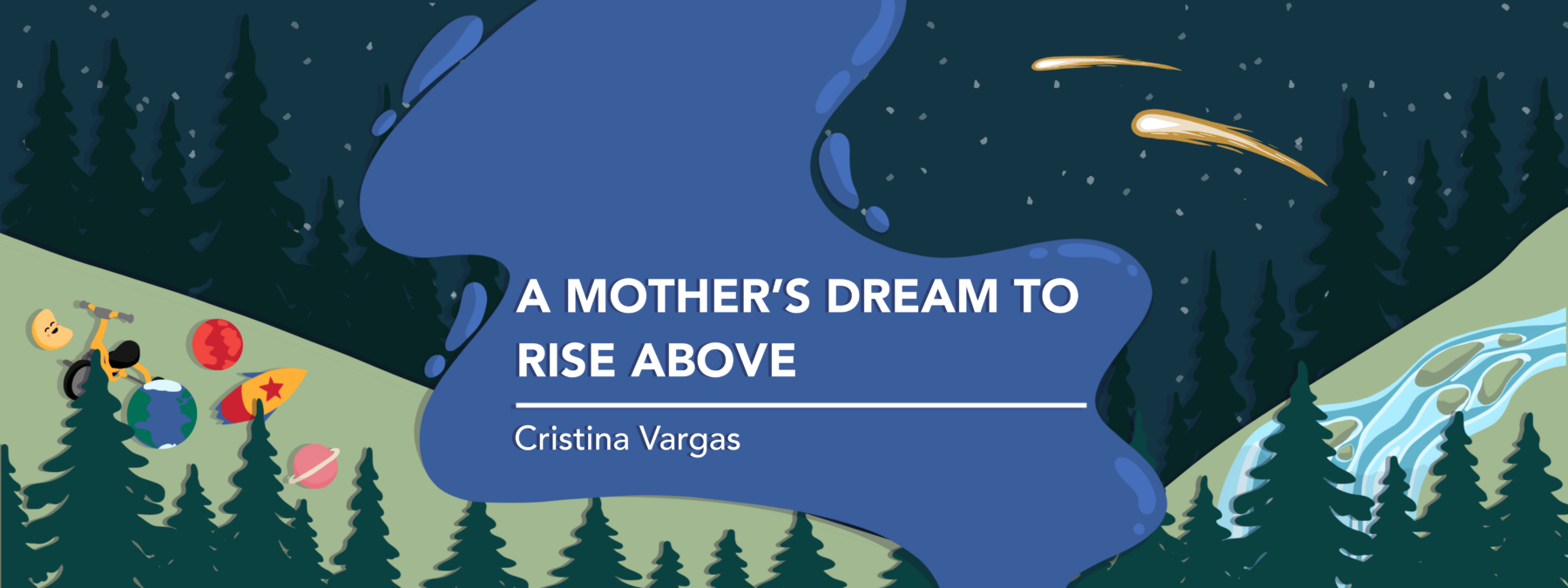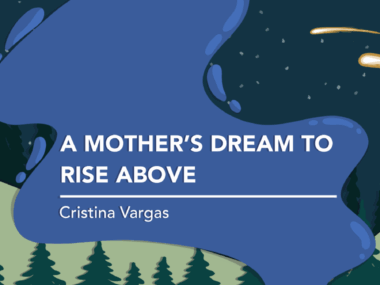With my son’s CLN2 diagnosis, I fight more than the disease
From the beginning, I've had to battle ethnic bias in healthcare, too
Written by |

When my son, JuJu, was diagnosed with CLN2 Batten disease, our entire world shattered in a moment. But I didn’t expect that we’d be forced to fight not just a devastating illness, but also an entire healthcare system that tends not to see families like mine.
I’m a proud Latina, an Italian-Puerto Rican mother from an underserved community. My fight became twofold: one against the rare disease slowly taking my son’s abilities, and the other against the barriers that made us feel we were never meant to survive this journey.
This disease is ruthless. It starts with small things, such as clumsiness or trouble forming words. Then it steals more, piece by piece: speech, vision, mobility, memories. Eventually, it takes everything. It’s a neurodegenerative disorder with no mercy. But what’s worse than the diagnosis itself is knowing your child could be helped, but the system makes you fight for every second of it.
When JuJu’s symptoms began, no one listened. Doctors dismissed my concerns. I begged for referrals, for tests, for someone to take my son seriously. And I can’t help but wonder: If my features didn’t hint at something ethnic, if I didn’t come from a working-class ZIP code, would they have moved faster? Would they have shown urgency? Would JuJu be further along in his care today?
The truth that many don’t want to face is that families of color, especially those reliant on Medicaid, are forced to jump through endless hoops for care that others receive without question. We’re seen last, heard least, and helped only when we’ve proven ourselves worthy enough to matter.
In the system, I fight for every inch of ground
I’ve sat through appointments where my voice was questioned. I’ve waited in emergency rooms while providers barely made eye contact. The weight of this injustice seems unbearable, and yet we carry it every single day.
When we finally received the diagnosis, I thought relief might follow. But instead, the next war began. JuJu receives infusions every two weeks that help slow the disease, but getting them approved under Medicaid was a fight that nearly broke me. I called. I begged. I cried. I lost sleep. Meanwhile, families with private insurance were weeks ahead of us in treatment. My child’s life was placed on hold by red tape.
In those early days, I became everything for JuJu: his nurse, his advocate, his translator, his full-time caregiver. I missed paychecks. I emptied savings. I ran on fumes, because rare disease moms don’t get days off. There’s no paid leave for what we do. There seems to be no system that says, “We see you, and we’re here to help.” Only more obstacles, more judgment, more silence.
There’s still so little cultural understanding among many doctors and medical offices. Brochures were handed to us in English only. In support groups, I’m often the only Latina or mixed-race mother present. These may seem like small things, but they add up to a much louder message: “You don’t belong here.”
That message is why I created the JuJu and Friends CLN2 Warrior Foundation. Because our children deserve better. Our families deserve to be seen. Our stories need to be heard, and not just as footnotes, but as central voices in the rare disease space. This foundation was built out of love, pain, and sheer determination to make space where there was none.
We aren’t asking for sympathy. We’re demanding equality. JuJu isn’t just a diagnosis; he’s joy, laughter, light, and stubborn courage.
I speak up, again and again, because so many other mothers like me are barely holding on. Because we’re tired. We’re grieving and fighting and surviving, all at once.
I’m raising awareness about the injustice that quietly exists beneath the surface: how access to treatment and support is harder to come by when you’re Latina, your last name is Vargas, and your income doesn’t come with privilege.
We need culturally competent care. We need language access. We need a Medicaid system that serves families like mine with urgency. And we need every policymaker and provider to stop looking past us and start looking at us.
To every mother walking this path: I see you. I am you. You’re doing the impossible, and you’re not alone.
I’m taking on this fight for JuJu. For your child. For every child who deserves to be seen, heard, and healed. No child should ever have to battle both a rare disease and a healthcare bureaucracy that was never built for them in the first place.
Note: Batten Disease News is strictly a news and information website about the disease. It does not provide medical advice, diagnosis, or treatment. This content is not intended to be a substitute for professional medical advice, diagnosis, or treatment. Always seek the advice of your physician or other qualified health provider with any questions you may have regarding a medical condition. Never disregard professional medical advice or delay in seeking it because of something you have read on this website. The opinions expressed in this column are not those of Batten Disease News or its parent company, Bionews, and are intended to spark discussion about issues pertaining to Batten disease.






Leave a comment
Fill in the required fields to post. Your email address will not be published.